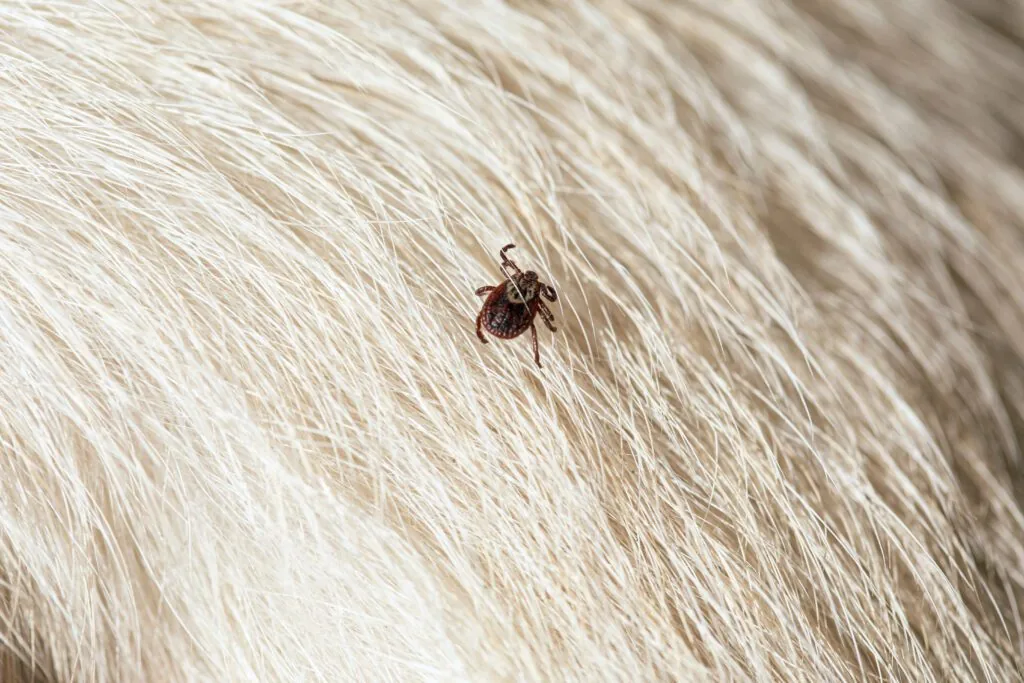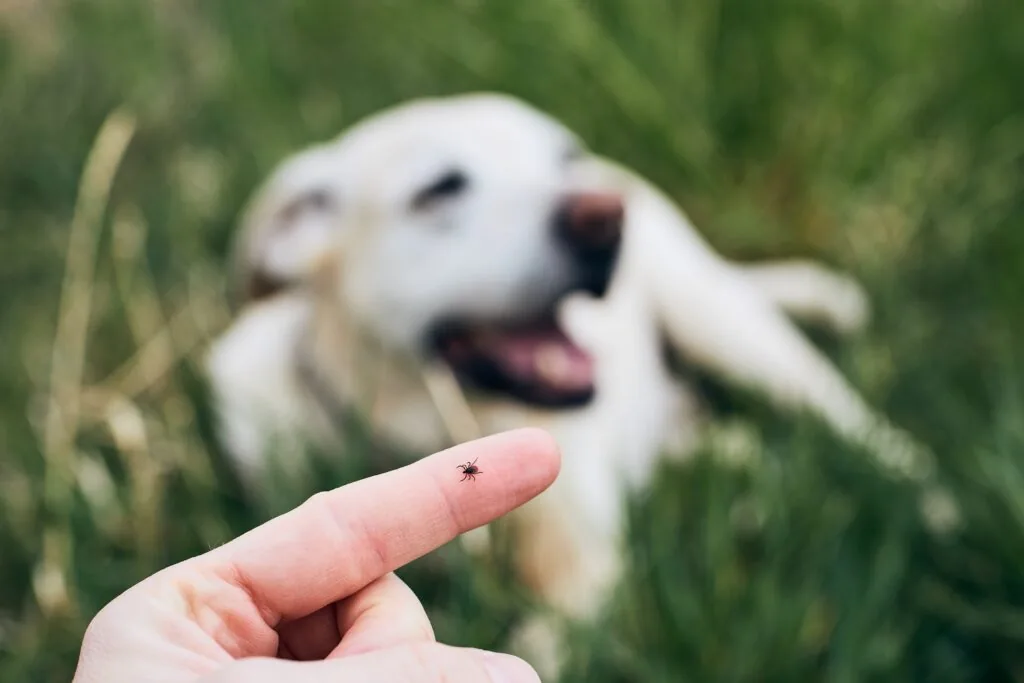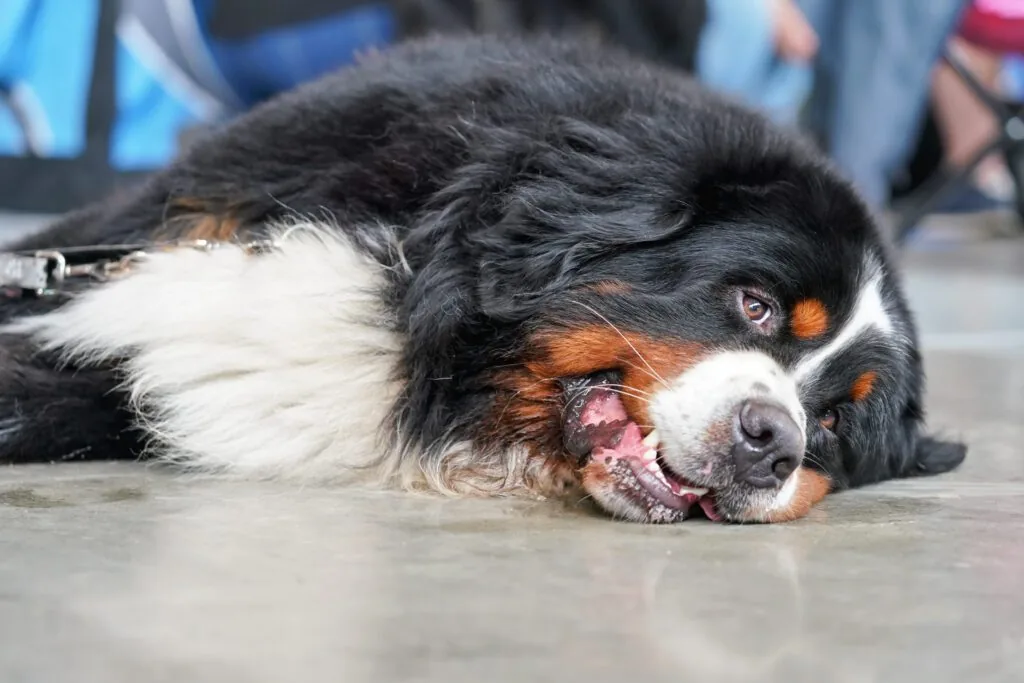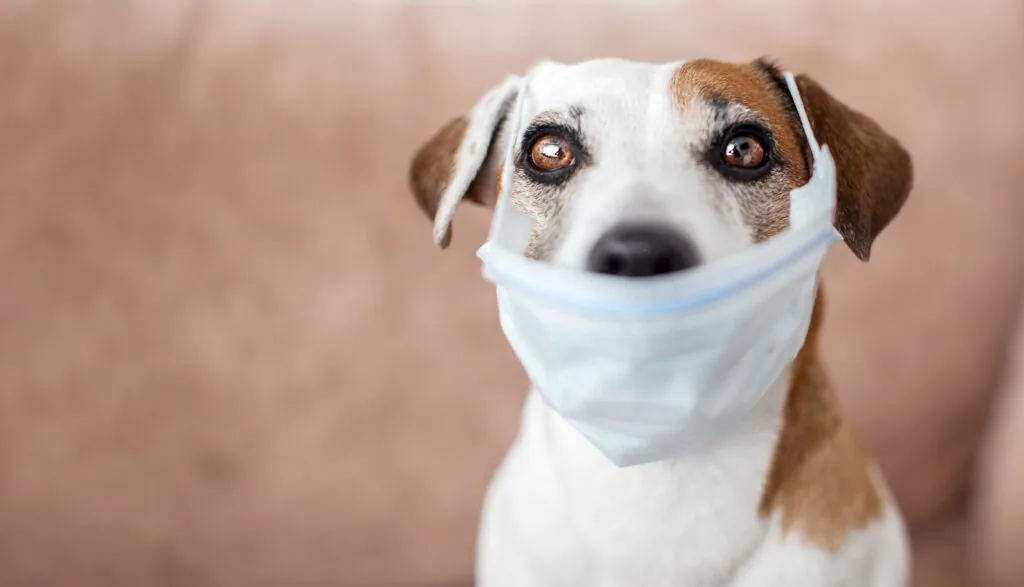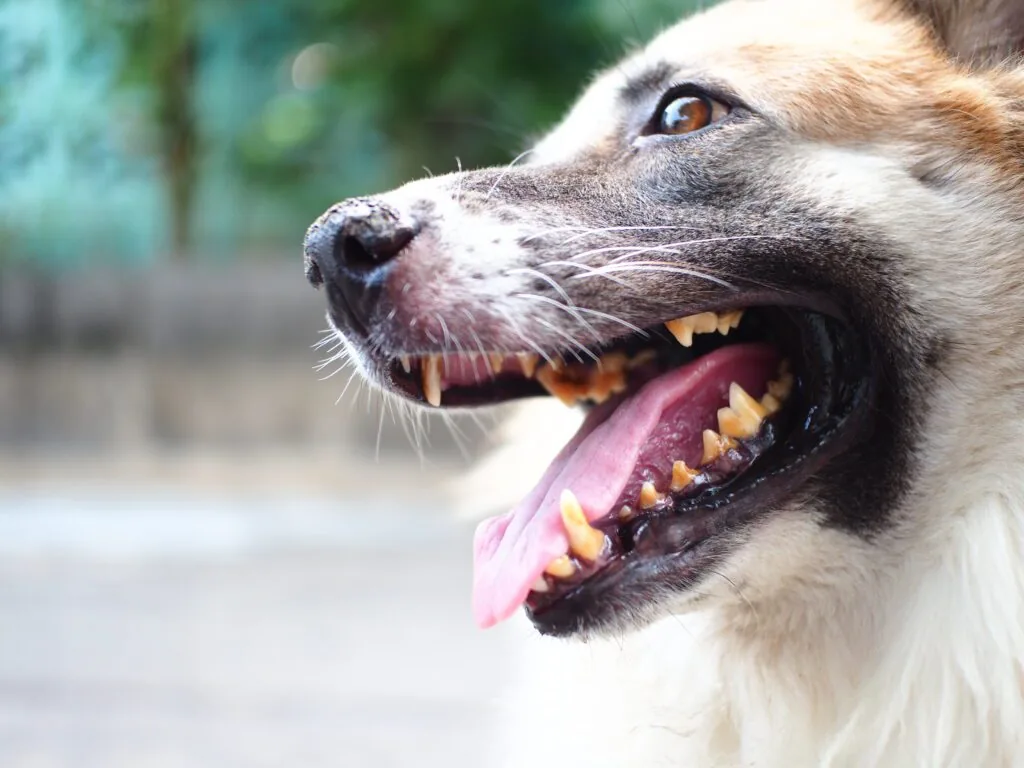As responsible pet owners, it’s paramount we understand our dogs’ nutritional needs. Dogs, like humans, require a balance of different types of nutrients – proteins, carbohydrates, fats, vitamins, and minerals. Each of these play a crucial role in their overall health, energy levels, and longevity.
Understanding the balance and types of these nutrients best suited to your dog’s digestive system is key. The dog food available in pet stores is typically formulated to provide this balance. However, many pet owners are interested in supplementing or replacing this with ‘human food’. It’s here we need to be cautious, as not all human food is safe or beneficial for dogs. This brings us to the frequently asked question in White Bear Lake, MN – Can dogs eat turkey?

Can Dogs Eat Turkey? Breaking Down the Facts
Turkey, being a meat, is naturally appealing to dogs. Cooked, unseasoned, and boneless turkey is indeed safe and can be a healthy food for dogs. Turkey is a lean protein that can contribute positively to a dog’s muscle development and energy levels. But, it’s not just about whether dogs can eat turkey – it’s also about how the turkey is prepared.
The Benefits of Turkey for Dogs
Protein is a critical part of a dog’s diet, aiding in the building and repairing of body tissues. Turkey is a good source of lean protein for dogs. Besides protein, turkey also provides dogs with nutrients like riboflavin and phosphorous. Riboflavin is essential for the proper functioning of a dog’s metabolism and immune system, while phosphorous aids in the maintenance of healthy bones and teeth.
The Potential Risks of Feeding Dogs with Turkey
Even with its benefits, turkey can also present potential risks to dogs. The major concern is the risk of bones causing choking or internal damage. Poultry bones are especially dangerous because they can splinter, causing serious harm.
Another concern is the seasonings and additives we use in cooking turkey. Onions, garlic, certain herbs, and high salt content can be harmful to dogs. All these factors need to be taken into account when deciding to feed your dog turkey.
Safety Concerns of Feeding Turkey to Dogs
Always ensure that any turkey given to your dog is boneless. Poultry bones can easily splinter and obstruct your dog’s throat or puncture their digestive tract. Also, remember to remove the skin and ensure the turkey meat is unseasoned. Many seasonings contain ingredients that are toxic to dogs.
Alternative Safe Foods for Your Canine Friends
If you want to offer your dog variety, there are other safe foods you can consider. Fruits and vegetables, like apples, bananas, carrots, and cucumbers, can be a great snack. Other meats, like chicken and fish, are also good sources of lean protein.
How Much Turkey Can Dogs Eat?
Just like with any other human food, moderation is key. Too much turkey can lead to pancreatitis, a painful and potentially dangerous inflammation of the pancreas. Always consult with your veterinarian to determine the appropriate amount of turkey (or any human food) for your dog’s size, breed, and overall health.
Why Choose Birch Lake Animal Hospital for Your Pet’s Nutritional Guidance
Navigating your pet’s nutritional needs can be a complex task. That’s where we come in. At Birch Lake Animal Hospital, we understand the unique dietary requirements of each pet and offer personalized dietary recommendations based on their age, breed, weight, and health condition.
Our veterinary experts have years of experience in pet nutrition and health, ensuring that your furry friend is getting the best care possible. Whether you have questions about feeding turkey to your dogs or any other dietary concerns, we’re here to help. Call us at (651) 426-2246 to schedule an appointment, or book an appointment online.
In conclusion, dogs can eat turkey, but it should be given in moderation and must be prepared properly. When in doubt, always consult with a veterinarian to ensure your pet’s health is not compromised. Birch Lake Animal Hospital is always ready to assist you in all your pet’s health needs in White Bear Lake, MN.
Recent Posts
About Birch Lake Animal Hospital
The staff at Birch Lake Animal Hospital seeks to provide the best possible medical care for our highly-valued patients and clients.

